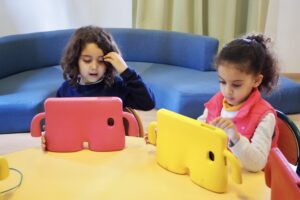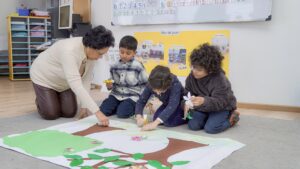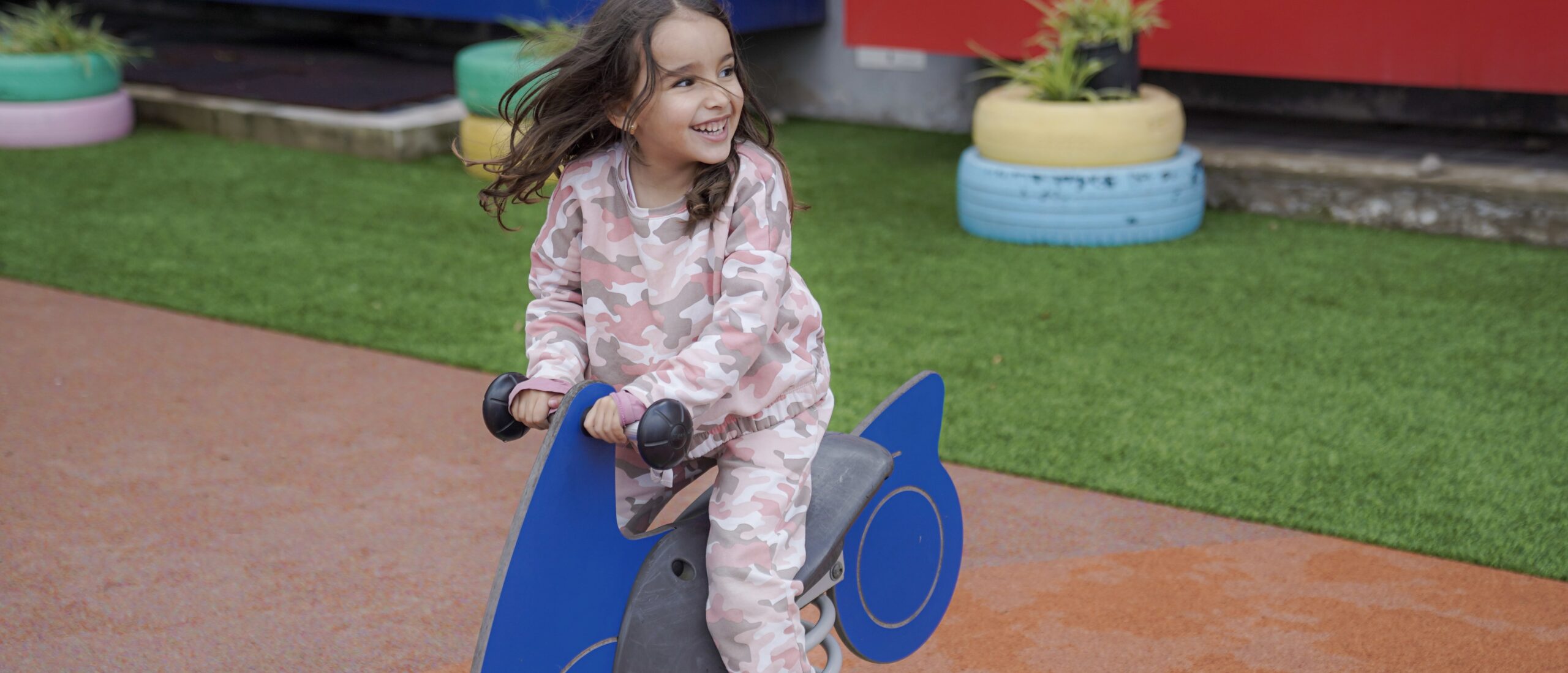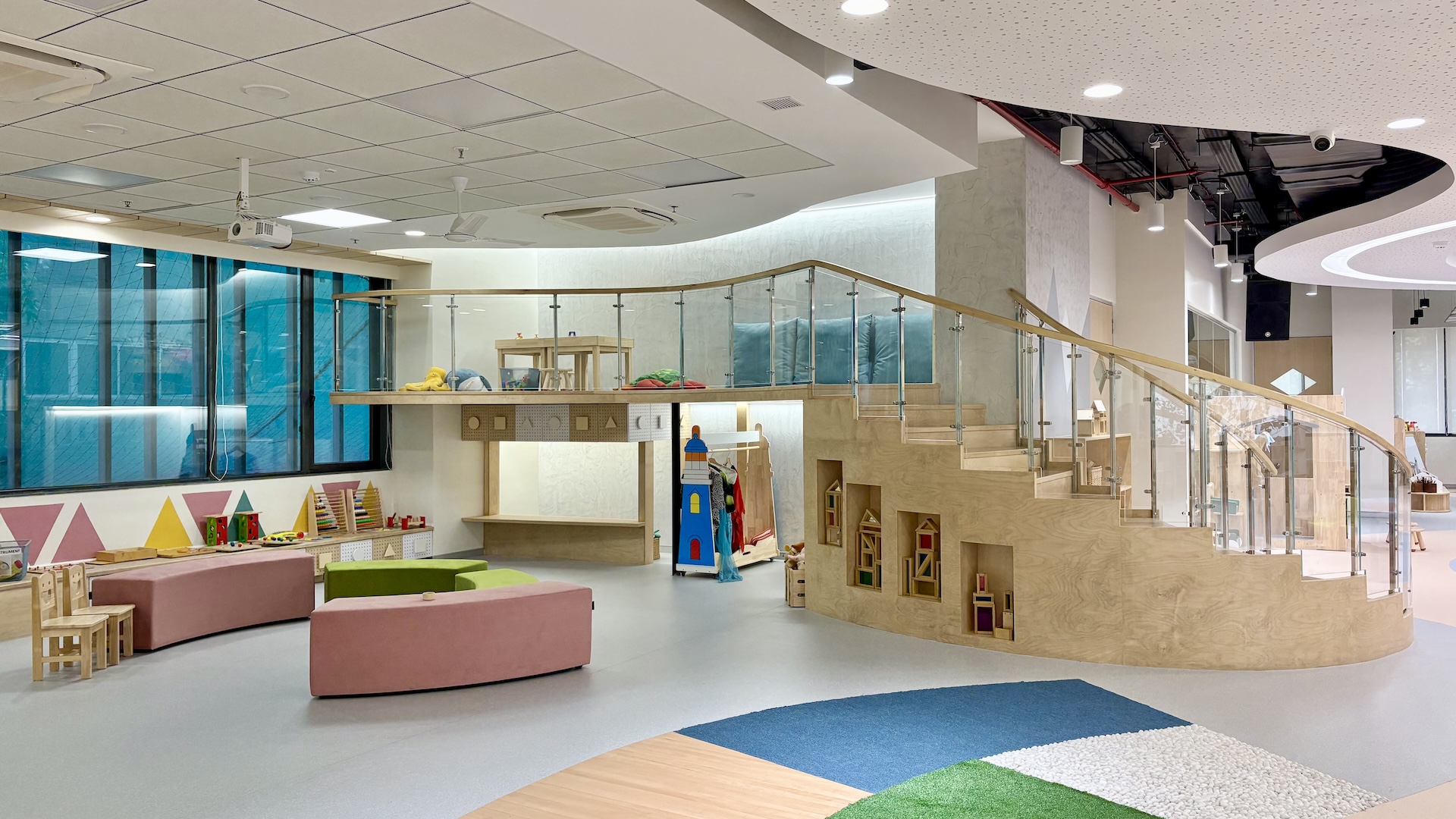Introduction
As we move deeper into the 21st century, the skills children need to thrive are shifting rapidly. Alongside academic knowledge, children must also develop essential future skills to navigate a world filled with change, innovation and complexity.
In this article, we explore the top future skills children will need in 2025 and how parents and educators can work together to foster them early on.
What are future skills?
Definition and importance
Future skills refer to a broad set of abilities that go beyond reading, writing and arithmetic. They include creativity, communication, digital literacy, emotional intelligence and more. These are not ‘nice-to-haves’—they are must-haves for the next generation of thinkers, doers and citizens.
Why future skills matter
- Help children adapt to rapid change
- Support lifelong learning
- Build social and emotional wellbeing
- Encourage responsible digital behaviour
- Strengthen active citizenship
Top future skills in 2025

Critical thinking and problem-solving
Children must learn to ask questions, evaluate data, and think independently. At FinlandWay®, this is done through phenomenon-based learning with real-world themes and cross-subject connections.
Emotional intelligence
Emotional intelligence supports empathy and cooperation. Play-based learning and social interaction in the FinlandWay® programme foster these skills from an early age.
Digital and media literacy
Being tech-savvy means using digital tools wisely. FinlandWay® introduces digital storytelling and creative coding to guide safe and thoughtful tech use.
Creativity and innovation
Creativity powers problem-solving and invention. Participatory pedagogy at FinlandWay® allows children to express and reflect creatively.
Communication and collaboration
Children must work well in diverse teams. FinlandWay® supports this with group projects, storytelling, and collaborative tasks.
Resilience and adaptability
Resilience helps children face setbacks and manage frustration. FinlandWay® integrates routines, reflection, and growth mindset practices to build this foundation.
📊 Table: Top future skills and how to build them
| Future skill | Why it matters | How to foster it |
|---|---|---|
| Critical thinking | Solving complex problems | Encourage questioning and exploration |
| Emotional intelligence | Building healthy relationships | Teach empathy and self-regulation |
| Digital literacy | Navigating the digital world safely | Practise creative and responsible tech use |
| Creativity | Driving innovation and problem-solving | Offer open-ended activities and value imagination |
| Communication | Expressing ideas clearly | Promote discussions and teamwork |
| Resilience | Handling change and setbacks | Encourage a growth mindset and reflection |
How educators can support future skills

- Integrate real-world projects that invite collaboration and creativity
- Emphasise emotional literacy and classroom dialogue
- Foster problem-based learning with hands-on activities
- Teach digital safety and ethical online habits early on
FinlandWay®’s holistic, child-led approach supports all of these through its structured but flexible curriculum rooted in child participation.
How parents can foster future skills at home
- Talk through everyday problems together to model critical thinking
- Limit passive screen time and opt for creative tech use (e.g. coding apps, making videos)
- Let children make age-appropriate decisions to grow confidence
- Discuss feelings openly and introduce strategies for emotional regulation
Creating a home where curiosity, communication and kindness are valued lays the groundwork for lifelong learning.
FAQ: Future skills for children in 2025
Q1: Are academic skills still important?
Yes—reading, writing and numeracy remain essential. But they must be complemented with broader skills to ensure children are truly prepared for life, not just exams.
Q2: How early should future skills be introduced?
The earlier the better. Skills like empathy, creativity and collaboration can be nurtured from toddlerhood through storytelling, play and everyday interactions.
Q3: Can technology itself teach future skills?
Technology is a tool—not a teacher. Used with intention, it can support creativity and digital awareness. But nothing replaces the role of human interaction, reflection and guided discovery.
Conclusion
Preparing children for the future isn’t about predicting specific careers—it’s about developing adaptable, confident, and thoughtful individuals. The skills they need go far beyond academics: they are emotional, social, digital and creative.
By working together—parents, teachers, and communities—we can provide children with the tools they need to thrive in 2025 and beyond. Approaches like FinlandWay® offer a compelling, research-based model that blends joy, participation and purposeful learning to help shape tomorrow’s changemakers.






